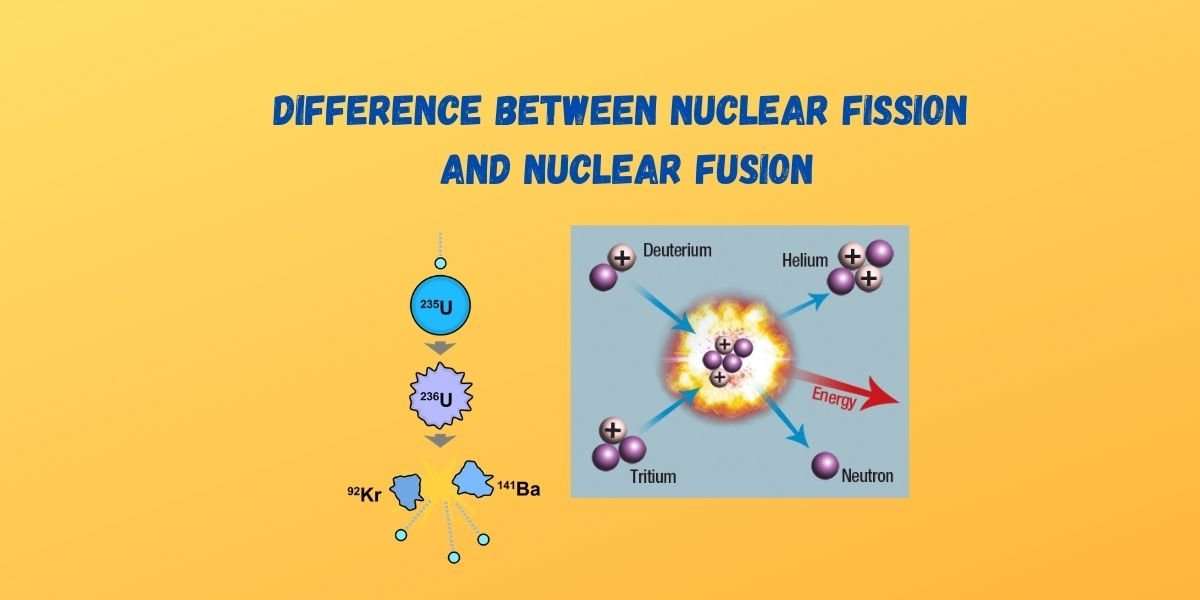


Scientists continue to work on controlling nuclear fusion in an effort to make a fusion reactor to produce electricity. Along with this, an enormous amount of energy is released, which is several times the amount produced from fission. Atoms of Tritium and Deuterium (isotopes of hydrogen, Hydrogen-3 and Hydrogen-2, respectively) unite under extreme pressure and temperature to produce a neutron and a helium isotope. Nuclear fusion refers to the "union of atomic nuclei to form heavier nuclei resulting in the release of enormous amounts of energy" (Merriam-Webster Online, Fusion takes place when two low-mass isotopes, typically isotopes of hydrogen, unite under conditions of extreme pressure and temperature.įusion is what powers the sun. The word fusion means "a merging of separate elements into a unified whole". The high-speed neutrons that are ejected become projectiles that initiate other fission reactions, or chain reactions. This resulting energy is then used to heat water in nuclear reactors and ultimately produces electricity. This splits the target nucleus and breaks it down into two smaller isotopes (the fission products), three high-speed neutrons, and a large amount of energy. During the process, a neutron is accelerated and strikes the target nucleus, which in the majority of nuclear power reactors today is Uranium-235. These neutrons are accelerated and then slammed into the unstable isotope, causing it to fission, or break into smaller particles. Nuclear fission takes place when a large, somewhat unstable isotope (atoms with the same number of protons but different number of neutrons) is bombarded by high-speed particles, usually neutrons. In 1939, scientist began experiments, and one year later Enrico Fermi built the first nuclear reactor. The surprising discovery that it was possible to make a nucleus divide was based on Albert Einstein’s prediction that mass could be changed into energy. The word fission means "a splitting or breaking up into parts" (Merriam-Webster Online, Nuclear fission releases heat energy by splitting atoms. They are opposing processes, and therefore very different. Both fission and fusion are nuclear processes by which atoms are altered to create energy, but what is the difference between the two? Simply put, fission is the division of one atom into two, and fusion is the combination of two lighter atoms into a larger one. The foundation of nuclear energy is harnessing the power of atoms.

Inside the sun, fusion reactions take place at very high temperatures and enormous gravitational pressures


 0 kommentar(er)
0 kommentar(er)
